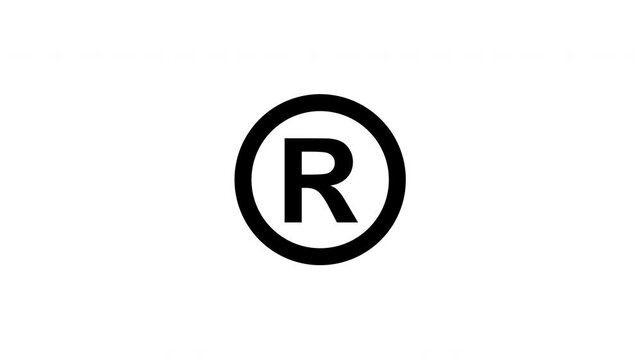By Chantal Baer | Co-Founder | September 2025
Brand licensing and franchising: A path to global expansion in challenging times
Switzerland, like many export-oriented economies, has felt the shockwaves of shifting international trade policies. The recent wave of new taxes and tariffs imposed by the Trump administration has weighed heavily on Swiss companies, particularly those that rely on global markets to thrive. For many businesses, these new costs have cut into margins, complicated cross-border operations, and cast uncertainty over long-term growth.
Yet, within these challenges lies an opportunity. Rather than investing heavily in physical infrastructure abroad—whether in branches, subsidiaries, or production centers—companies can explore alternative models of international expansion: brand licensing and franchising. Both strategies allow Swiss firms to grow internationally by leveraging what they already do best: their know-how, reputation, and intellectual property.

The Power of Licensing
Licensing offers companies a way to extend their brand, products, or patented technologies into new markets without the capital-intensive burden of direct investment. Under a licensing agreement, a foreign partner pays for the right to use a company’s brand name, design, or technology, while taking on the responsibility for local operations.
For industries rooted in innovation and intellectual property—such as pharmaceuticals, luxury goods, watchmaking, or food and beverage—licensing can be particularly attractive. Swiss firms have long excelled at creating products associated with high quality and reliability. By licensing their brand or patents abroad, they can monetize their intellectual property while insulating themselves from the political and economic risks of establishing foreign subsidiaries.
Franchising: Expanding services across borders
Franchising extends the same principle to the service sector. From hospitality to retail to specialized services, franchising allows companies to replicate successful business models internationally. The franchisor provides the brand, operational know-how, and quality standards, while the franchisee invests in and manages the local operation.
This model is well-suited to Swiss service companies—consulting firms, hospitality providers, education institutions, and even niche professional services—that want to export their expertise without shouldering the full burden of foreign operations. The franchisee benefits from a trusted brand and proven processes, while the franchisor collects fees and royalties, fueling sustainable growth.

Risk management and strategic flexibility
In times of economic uncertainty, licensing and franchising provide a hedge against global volatility. Companies can expand into multiple markets without putting all their capital at risk. If political or economic conditions deteriorate in a particular country, the exit cost is relatively low compared to closing a branch or shuttering a production facility.
Moreover, this approach accelerates international growth. Rather than spending years navigating regulatory approvals, real estate challenges, and staffing abroad, companies can scale quickly by tapping into local partners who understand their markets.

Intellectual Property: The cornerstone of success
Both licensing and franchising rely heavily on the strength of intellectual property. Protecting trademarks, patents, and designs in target markets is critical to avoiding counterfeiting and safeguarding revenue streams. Switzerland’s reputation for precision, innovation, and quality gives its firms a strong foundation—but careful legal groundwork is essential to ensure success.

A model for the future
In today’s trade climate, flexibility and creativity are essential for international success. Licensing and franchising provide Swiss companies with the tools to expand abroad while minimizing risk and investment. They enable firms to transform challenges—like protectionist policies and new trade barriers—into opportunities for growth.
For Swiss businesses facing the pressures of global taxation and tariffs, now may be the perfect moment to think differently. Instead of building more factories or offices abroad, companies can build networks of partnerships—anchored in the strength of their brand and intellectual property—that bring Swiss excellence to the world.
If your company is ready to explore licensing or franchising as a strategic path to international expansion, SHB is here to guide you through the process—from protecting your intellectual property to building the right partnerships abroad.

Other articles
The Hidden Value in Branding: How Investors Can Maximize Portfolio Returns
In the world of investments, financial metrics and operational efficiencies often take center stage. However, one crucial factor is frequently overlooked—brand equity.
Positioning, the ABCs of branding
We are living in the age of an intimate relationship with the brand, which will henceforth provide individuals with points of reference for their identity.
The brand is the strategic and conceptual concentration of your activity expressed through a universe of meaning that evokes an emotion.



